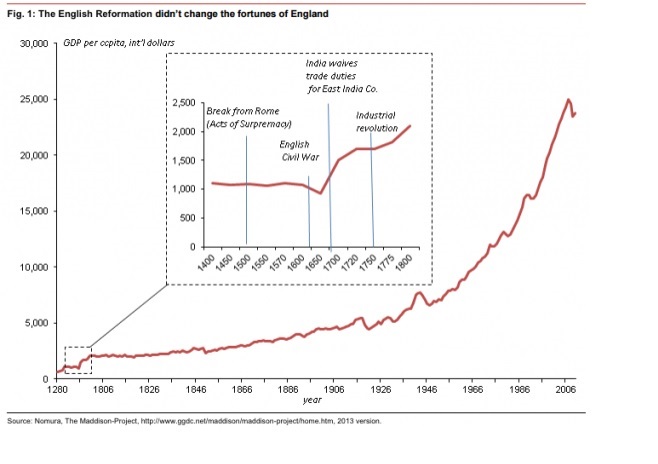With “The Art of the Deal” now probably required reading for many of those who wish to divine the President-elect’s psyche, we thought we would write a few lines about the realities and risks of implementing stated policies.
“The tactical result of an engagement forms the base for new strategic decisions, because victory or defeat in a battle changes the situation to such a degree that no human acumen is able to see beyond the first battle. In this sense one should understand Napoleon’s saying: “I have never had a plan of operations.” Therefore, no plan of operations extends with any certainty beyond the first contact with the main hostile force”.
The above quotation from the military unifier of Germany, von Moltke, (with added Napoleonic bonus!) could easily be applied to the situation facing the President-elect, a man who famously believes in “negotiation” (on his terms). One can take one’s pick of who the “main hostile force” might be, but clearly Mr. Trump’s notoriously combative style has created more than a few potential candidates, while his supposedly unambiguous pronouncements on a number of topics have created several hostages to Fortune.
As students also of military strategist von Clausewitz, we are also tempted to adapt one of many quotations from his treatise “On War” as being quite apt in the current circumstances: “Many intelligence reports in war are contradictory; even more are false, and most are uncertain”. Politics is often “war” continued in another guise!
In the real world in which Mr. Trump will have to function (and not some form of the Truman Show), he will very quickly face situations which he cannot control, and in which threats will be counterproductive at best (and truly dangerous at worst), such that his “negotiating” side will have to come to the fore if he is to achieve any of his stated goals to a significant extent. However, given his background in real estate, in which he has had to deal with actors who are both more powerful than himself and outside his control, this will not be an unfamiliar environment.
Of course, as President, he will have the power, through executive authority, to create, amend or remove many areas of regulation, thereby moulding outcomes in areas from climate change risk and energy to trade policy. However, there is a whole host of areas in which he will be faced with the need to compromise if he is to achieve any of what he intends.
For example, in the area of tax reform, even with a Congress with Republican majorities in both chambers, he faces dealing not with monolithic voting blocks that can be coerced into voting as “ordered”, but with individuals and coalitions of interests holding a wide range of views and having disparate priorities. Thus, he will have to deploy all his self-vaunted skills to achieve desired outcomes, because it is Congress that ultimately controls the “purse strings”.
At Awbury, we have always taken the view, that, while one should never lose sight of one’s goals, one needs to realize that outcomes are often uncertain and fraught with hazard, and that one has to have a full range of skills to deploy to achieve what one intends, because there are always numerous factors involved. Assuming that one’s “plan” will remain untouched or unchallenged is foolish- and we are not fools!
And we cannot resist finishing with a quotation from the legendary Sun Tzu: “Victorious warriors win first and then go to war, while defeated warriors go to war first and then seek to win.”
The Awbury Team

